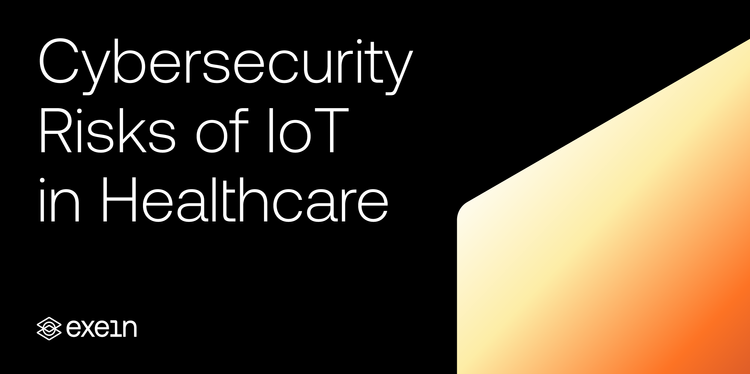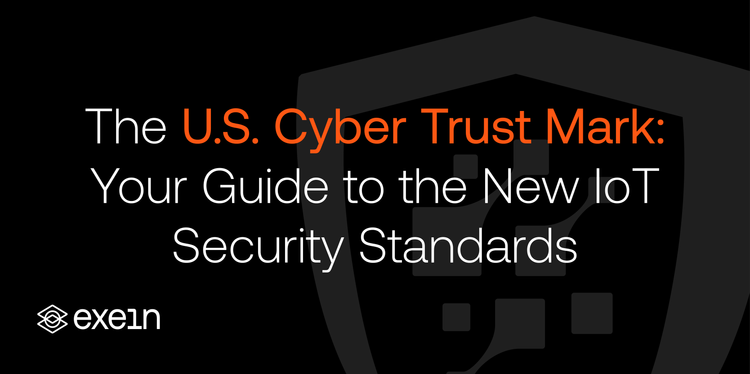The Quiet Revolution: IoT's Impact on the Food Industry

In the business world, some changes are not obvious at first, but they have a big impact. Just like the way coworkers interact in a company, technological changes in the industry can happen quietly but have a big effect on how things work.
One of these silent revolutions is happening in the food industry, led by the Internet of Things (IoT). The food industry used to be known for its old-fashioned practices, but now it is changing quickly with the help of IoT.
Consider farming. This ancient practice is now embracing modernity with IoT devices. These devices are not just gadgets; they are tools that solve long-standing challenges. Sensors placed in fields monitor factors like soil moisture, temperature, and nutrient levels. Instead of guessing, farmers receive real-time feedback. This data-driven approach ensures healthier crops and promotes sustainable farming, which is important in today's climate-conscious world.
Then there's the transportation of perishable items. Before, it was difficult to make sure that fresh dairy, meat, or fruits reached consumers safely. This was a problem because there were many uncertainties. But now, with IoT, these uncertainties decrease. Sensors check things like temperature and humidity inside transportation units. There's no more guessing – just making precise changes to ensure that products stay fresh and safe while they are being transported.
Now, let's talk about drinks. Imagine going to a drink machine that remembers what you like - the drink, temperature, and even how strong the flavor is. Smart drink machines with IoT are not only efficient but also make the experience better for users. They can change the recipes based on feedback in real-time, keep the quality consistent, and even let suppliers know when ingredients are running out. For businesses, this means less cost and happier customers. For people who drink the drinks, it's all about getting that perfect cup, every time.
But with great technology comes great responsibility.
The use of IoT in the food industry is not only about making processes more efficient; it is also about making sure that these connected devices are secure.
IoT embedded security is very important. Every smart device, from field sensors to beverage machines, can be a potential entry point for cyber-attacks. Making sure that these devices are protected is extremely important. Because a breach is not just about stealing data; in the food industry, it can put the safety of products and consumers at risk. Secure devices create a reliable system, which increases the trust of all stakeholders in the system.
In a busy modern restaurant, using IoT technology has both advantages and risks. Imagine dining in a fancy restaurant where each ingredient's journey, from the farm to your plate, is tracked in a connected system. Simply scanning a QR code can provide you with detailed information about your dish, showing the restaurant's commitment to transparency and quality. While this technology improves the dining experience and builds trust, it also brings potential risks.
The constant digital communication required for these transparent systems can create opportunities for cyber attackers. A breach in a restaurant's IoT system is not just a small issue; it is a disaster. Unauthorized access can lead to various problems, such as tampering with ingredient information or compromising customer data. Just imagine the damage to the restaurant's reputation if customers can no longer trust the information provided or if their personal data gets exposed.
Cyber intruders can disrupt the restaurant's operations by infiltrating the IoT systems. Rogue devices could change order details, manipulate inventory data, or even sabotage the conditions in IoT-enabled storage units, leading to food waste or safety concerns.
It is evident that while IoT technology brings exciting opportunities for restaurants to improve their services, the potential risks cannot be ignored. Implementing strong security measures is not just an option but a necessity. This ensures that the trust built by the restaurant is not shattered overnight.
Additionally, with embedded security, updates and patches can be rolled out seamlessly, ensuring that devices are always equipped to counter the latest threats. It's akin to having an in-built immune system, constantly evolving to fend off new challenges.
As the food industry embraces the power of IoT, embedded security ensures that the journey of innovation remains safe.
It demonstrates the industry's dedication not only to efficiency and progress but also to the unwavering security and trust of its consumers.




